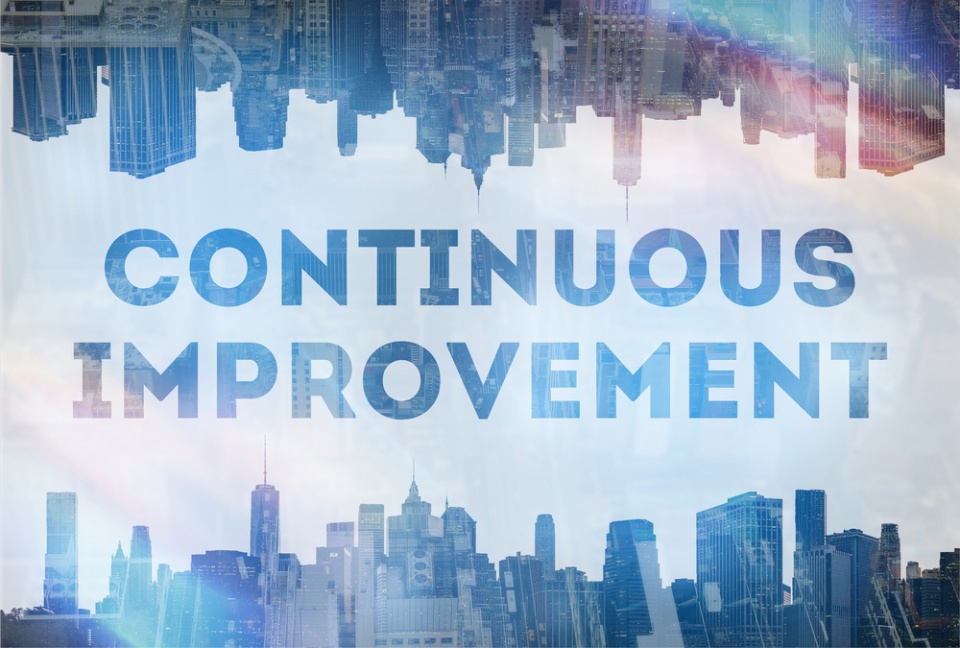Containerization is a powerful strategy that simplifies DevOps by reducing interdependencies between IT operations and production teams. It refers to a virtual operating system that contains the minimum requirements to run the application independently. Developers benefit by working in an environment identical to production. Today, more than 20% global organizations are using containerized environment to run production applications.
Recently, containerization is gaining momentum as it is streamlining development to production workflow. Their discrete interoperable feature also helps the business organizations to respond business demands in agile fashion. The underlying purpose of Containerization is similar to DevOps- to align the development and production process. Containerization create a fast, efficient and more aligned pipeline for production and thus meet the intensifying demand for quality, stability & availability. The growth of Containers is definite to transform DevOps and the way we develop and deploy applications.
1# Offering a Fine-Grained Execution Environment for Microservices
Previously, application deployment comprises of large monolithic build; therefore, a single change in an application functionality requires a new build. It slowed down the application production drastically as integrating a new feature means halting the application, replacing it with a newer version, & starting it again. Virtual machines were helpful but, maintaining multiple virtual machines and servers made it difficult to push new features easily.
By providing an environment where applications can run independently, containers like VMs provide a virtual environment. However, unlike VMs, containers are short duration & immutable processes.
With this technology, the developers can break single, large monolithic applications into smaller modules. Therefore, instead of having a single massive codebase, multiple smaller codebases are created specific to each module. It increases flexibility and ease of maintenance for building, testing and deploying application changes.
When the applications are broken down into discrete independent services, it is termed as microservices. The microservices are the architecture, where multiple discrete services work together to form a bigger service. The developers can upgrade or change one service without impacting other services. Containers are perfect solution for microservices as they allow discrete management of services and faster deployment time.
2# Simplifying Product Deployment with Orchestration tools
With the help of containers, developers have an easy access to the software needed for running the application. With several orchestration tools like Dockers and Kubernetes, operators can create an infrastructure for running application by managing the container infrastructure like code. The operators only need to declare the attributes of final deployment and orchestrators will automatically handle deployment, networking & scaling.
3# Efficient CI/CD using Containers
The CI/CD processes can be further improved by using containerization. It has several advantages over traditional software development processes:
- Containers are lightweight and portable
- Easy provisioning and decommissioning for quick development and test environment
- Quick deployment without any technical snag
- It increases the flexibility for tool-use and removes manual error by automating build and deployment of application.
Furthermore, orchestration tools like Dockers and Kubernetes, are also integral to CI/CD (Continuous Improvement/ Continuous Development). In CI/CD environment, tools like Jenkins can easily call orchestration tools which can deploy containers. These containers are lightweight & easy to build which makes testing and deployment automated similar to virtual machines.
CI/CD and container orchestration offers fast, automatic deployments for distributed environments. Developers design code, CI/CD tools compile the code, and orchestration tools deploy the containers. This whole process becomes automatic except whenever service credentials or other environment specific details are required.
4# Establishing a DevOps Culture

In DevOps chain, several tools and processes work alongside each other. Containerization eliminates the unnecessary processes and provides light and fast applications that require less resources.
Containers help Development and Production teams to work in collaboration by isolating their processes. Typically, the developers control the application framework whereas the IT operations team manages the server and operating systems. Both the teams must rely and communicate with each other to achieve the common goal of fast and quality delivery.
5# Better Security

From security point of view, containers ensure that applications running over them are completely segregated and isolated from each other. The traffic flow is also independent of other applications. Each container is completely separated from other and from an architectural point of view each container gets its own set of resources.
Also, containerization provides better security than virtualization. In virtualization model, a security professional need to secure the host operating system as well as all the operating systems working on that machine. In a containerized model, the security professionals need to secure only one operating system and the docker engine or any other DevOps tool over it. Also, several strategies have been introduced to handle security concerns in container management systems. Encryption, or kernel modules that isolate the processes, are better ways to securely manage distributed application access and data transmission.
Also, containerization provides better security than virtualization. In virtualization model, a security professional need to secure the host operating system as well as all the operating systems working on that machine. In a containerized model, the security professionals need to secure only one operating system and the docker engine or any other DevOps tool over it. Also, several strategies have been introduced to handle security concerns in container management systems. Encryption, or kernel modules that isolate the processes, are better ways to securely manage distributed application access and data transmission.
6# Portability & Ability to work with Multiple Cloud Platforms
In the last few years, most of the cloud computing providers including Amazon Web Services (AWS) and Google Compute Platform (GCP)have added individual support for containers. Several Container tools like Docker can work inside these cloud computing platforms provided these systems support containers. Moreover, the containers operating in one environment can easily be ported to another environment with similar consistency and functionality.
Never miss anything from Test Triangle, Join our Community

